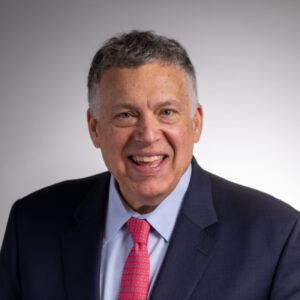Racial and ethnic inequities are pervasive in clinical research—from the systemic factors that deter underrepresented populations from pursuing careers in science and medicine, to the discrimination, lack of support, and other hardships faced by those who do enter the biomedical profession.
Beyond the impacts on the scientists and physicians themselves, the lack of diversity in the workforce also has clinical implications for patients of color, as implicit biases and cultural insensitivity among physicians, mistrust among patients, and lack of inclusivity in clinical trial design have led to the underrepresentation of minority patients in clinical trials.
As a step towards increasing diversity, equity, and inclusion in the clinical workforce and clinical trials, the inaugural Bristol Myers Squibb Foundation-American Association for Cancer Research Design and Implementation of Clinical Trials Workshop was held this past November (The Cancer Letter, May 21, 2021).
The overarching goals of the program are to establish a network of clinical trials for underrepresented minority populations and to provide mentorship to develop new leaders in clinical research.
If your institution has a site license, log in with IP-login or register for a sponsored account.*
*Not all site licenses are enrolled in sponsored accounts.
Login Subscribe









